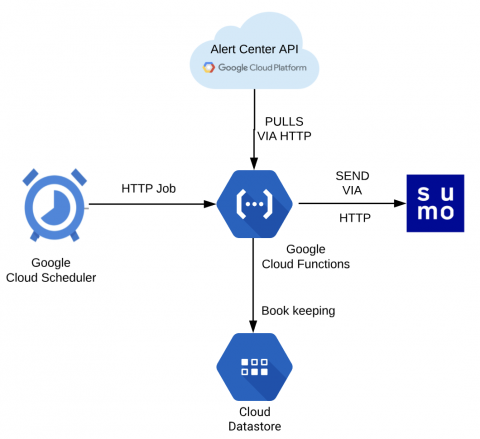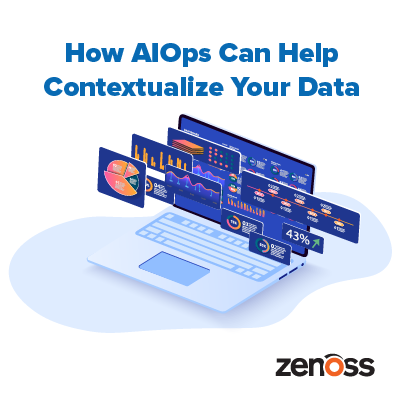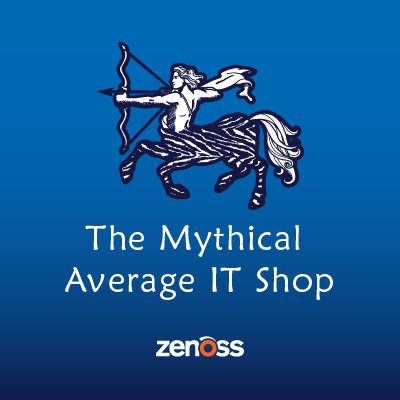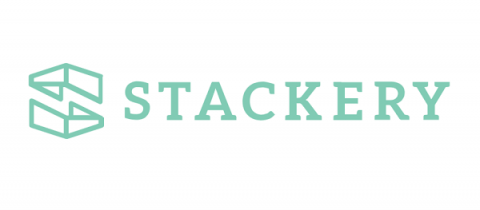4 Ways to Reinvest Found Money from Your Cloud Bill
These days, a major part of most IT budgets is the cloud bill. But unlike server-bound infrastructure budgeting, cloud bills can be unpredictable and highly variable from month to month. However, if organizations embrace cloud cost optimization to regulate cloud bills and avoid surprises, they’ll find themselves with considerable found money that can be reinvested into other areas.










